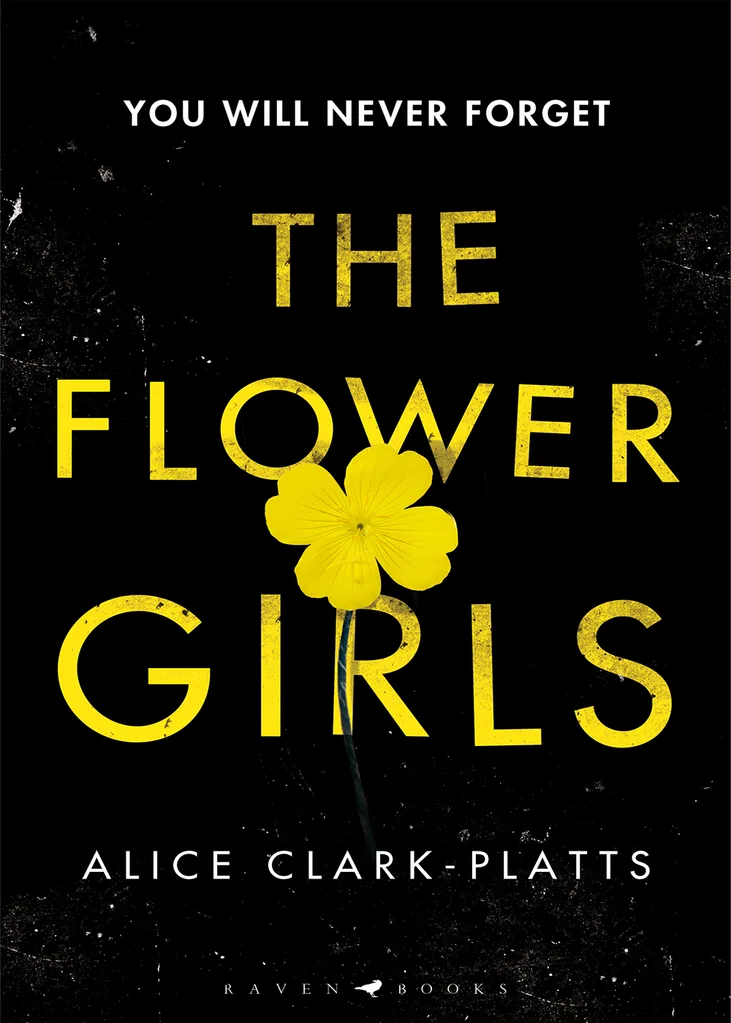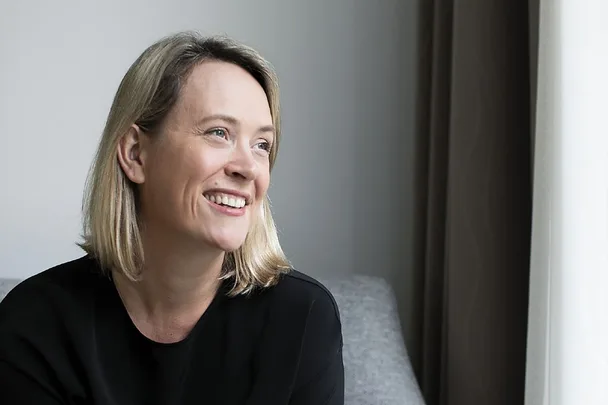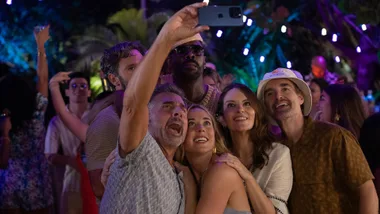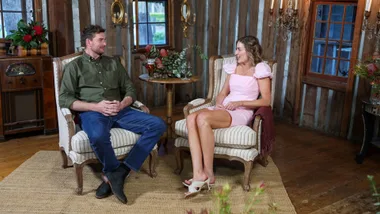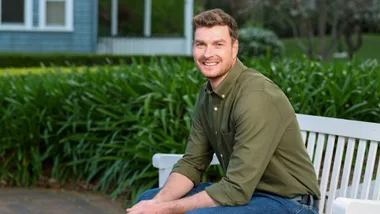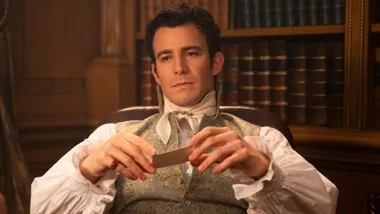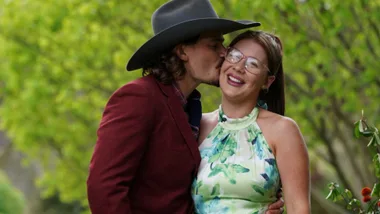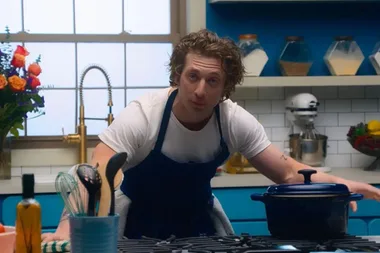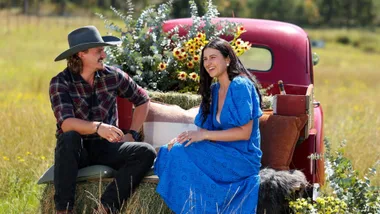Before Alice Clark-Platts became a best-selling writer, she was a shit hot human rights lawyer who worked with Snoop Dog and Winnie Mandela. Now living in Singapore with her fellow-lawyer husband and two young children, Clark-Platts reflects on the lessons she’s learnt…
LIFE DOESN’T ALWAYS WORK OUT THE WAY YOU PLAN IT, BUT YOU SHOULD GRAB THE OPPORTUNITIES IT OFFERS
One day I’m trundling off to the Court of Appeal in London, struggling to hold onto my files as red buses zoom past me in the driving rain; the next week, I’m sat by a turquoise swimming pool with terrible winter toe-nails and pale skin, wondering how I got from being a government lawyer to being an expat “trailing spouse.”
We moved to Singapore for an 18-month secondment because of my husband’s job (also a lawyer). At that time, with two young children, I thought I’d make the most of the live-in help; the long gin-fuelled lunches; and there was bound to be tennis involved, right? Then the eighteen months turned into two years, that turned into three, and that was eight years ago…
I enjoy a long lunch as much as the next person but I couldn’t live like that forever. And working as a lawyer in Singapore meant, realistically, that I would hardly see my children. But if I wasn’t a lawyer, who was I? Could I find something else to do that would mean I’d be happy to stay in Singapore and support my husband and family?
So, I took the plunge and began a secretly held ambition to write a crime novel. Suddenly, I was writing every day and loving it. With no expectation that anyone would ever read it, I had the confidence to let my imagination run riot and let all those diary entries; thoughts; and scraps of short stories come together in what became my first book Bitter Fruits. When it was published I was gobsmacked.
It felt a long way from being that young lawyer in London but in getting out of my comfort zone, I opened up other opportunities I’d never thought possible before.
IF YOU WANT TO CHANGE YOUR LIFE (OR GET A NEW JOB), YOU HAVE TO WORK HARD
I’m very much like Mark Wahlberg in lots of ways. Buff; American; a former Calvin Klein model; and, um, male. OK, so not like him in the slightest. But we do have one thing in common: routines.
Mark’s may involve arising at 2am for a prayers and a gym session; family time at 11am (although, aren’t the kids at school then?); followed by a cryotherapy chamber session (??), but we’re on the same page when it comes to knowing that structure and routine are the tools for a successful career when you’re self-employed.
Writing novels is a lonely business. Not only is the Christmas party rubbish (me in the kitchen by myself with a bottle of wine), but the buck stops with you. I can’t blame missing deadlines on anyone other than myself. So when I begin a new book, it’s all about planning it out and working out when those words will be written in and around school holidays; child illnesses; and the odd duvet day.
I write when my children are at school which gives me 5-6 hours a day to get at least 1000 words written – albeit hopefully more. They may be rubbish but when I’ve got between 80 and 90,000 of them in a document, then I’ve got something to work with. Which is a lot nicer than a blank page!
My books certainly aren’t going to change the world but I’m writing my fourth now and routine is definitely a large part of how I’ve got them done.
EVEN SOMEONE WHO’S CARRIED OUT THE WORST POSSIBLE CRIMES HAS THE CAPACITY FOR GOOD.
My latest book The Flower Girls is about two sisters who were involved in the abduction and murder of a toddler 19 years earlier. One of the sisters, Laurel, is in detention at Her Majesty’s Pleasure for the crime whilst the other, Rosie, has been given a new identity and, on the face of it, a new chance at life. Then another child goes missing and the sisters (dubbed The Flower Girls by the press) are about to hit the headlines all over again…
I wrote this book as I was fascinated by the criminal psychology behind children who commit these kinds of awful crimes. I wanted to ask the question: can a child who has committed the most dreadful crime imaginable ever be rehabilitated? Or maybe they were born evil and thus can never be truly trusted? How does the media’s treatment of children involved in crime affect the public perception of them? And is that right? Could a child who has done an evil deed still have, within them, the capacity for good?
I hope I’ve done justice to these questions in the novel. I think there are some really fascinating subjects here that book groups would love to get their teeth into. And my view? Well, you’ll have to read the book to find out!
YOU NEED TO FIND HOPE IN TRAGIC SITUATIONS
As a lawyer, I worked in Tanzania at the United Nations’ International Criminal Tribunal for Rwanda, which was involved in prosecuting those responsible for the Rwandan genocide – a horrific event in modern history. At the time, I was a very newly qualified lawyer and fairly inexperienced as a whole, let alone in dealing with such harrowing details.
Whilst I was there, I went to Rwanda itself and visited the famous “Hotel Rwanda” in Kigali, as well as travelling through the jungle up to Lake Kivu, and to murder sites where you could still see blood on the walls from the victims of the genocide.
I learnt a great deal working there. Not only about the capacity for human evil, but also for compassion. And how a country can slowly re-build itself. Rwanda couldn’t possibly put everyone involved in the genocide into prison – it would mean over half the country would be incarcerated. Instead, much like South Africa, they adopted a truth and reconciliation process, inventing grassroots tribunals called Gacaca. These mini courts are held in villages and involve the community dealing with the perpetrators of the crimes. The hope is that, after the tribunal is concluded, the people involved can learn to live with one another again. It is an incredibly hard challenge for the country and I still read with deep interest as to how survivors deal with their lives today.
IT’S IMPORTANT TO BE PROFESSIONAL IN SENSITIVE SITUATIONS
In the Rwandan tribunals, we heard many people testifying as to what had happened during the period of the genocide. Fergal Keane, a well-respected journalist, was one of those who came. He had been on the ground in Rwanda as the genocide had begun and had witnessed some truly horrific sights. He has written eloquently about this in many books including how he had observed the way in which the instigators of the genocide had relayed their commands. This was what he was giving evidence on.
As a legal geek and a huge fan of his writing, I couldn’t contain my excitement when he arrived at the Tribunal. However, my tip for wannabe professional legal interns is actually NOT to fan-girl at witnesses and accost them in the corridor just before they are about to give evidence. Poor old Fergal. There he was, trying to gather his thoughts and get his handsome Irish face together before appearing before the Tribunal, and there was a giggly, red-faced intern, shoving one of his books in his face for an autograph.
It wasn’t cool. I don’t recommend it.
Alice Clark-Platts is a former human rights lawyer and the author of The Flower Girls (Bloomsbury, $29.99) out now.
